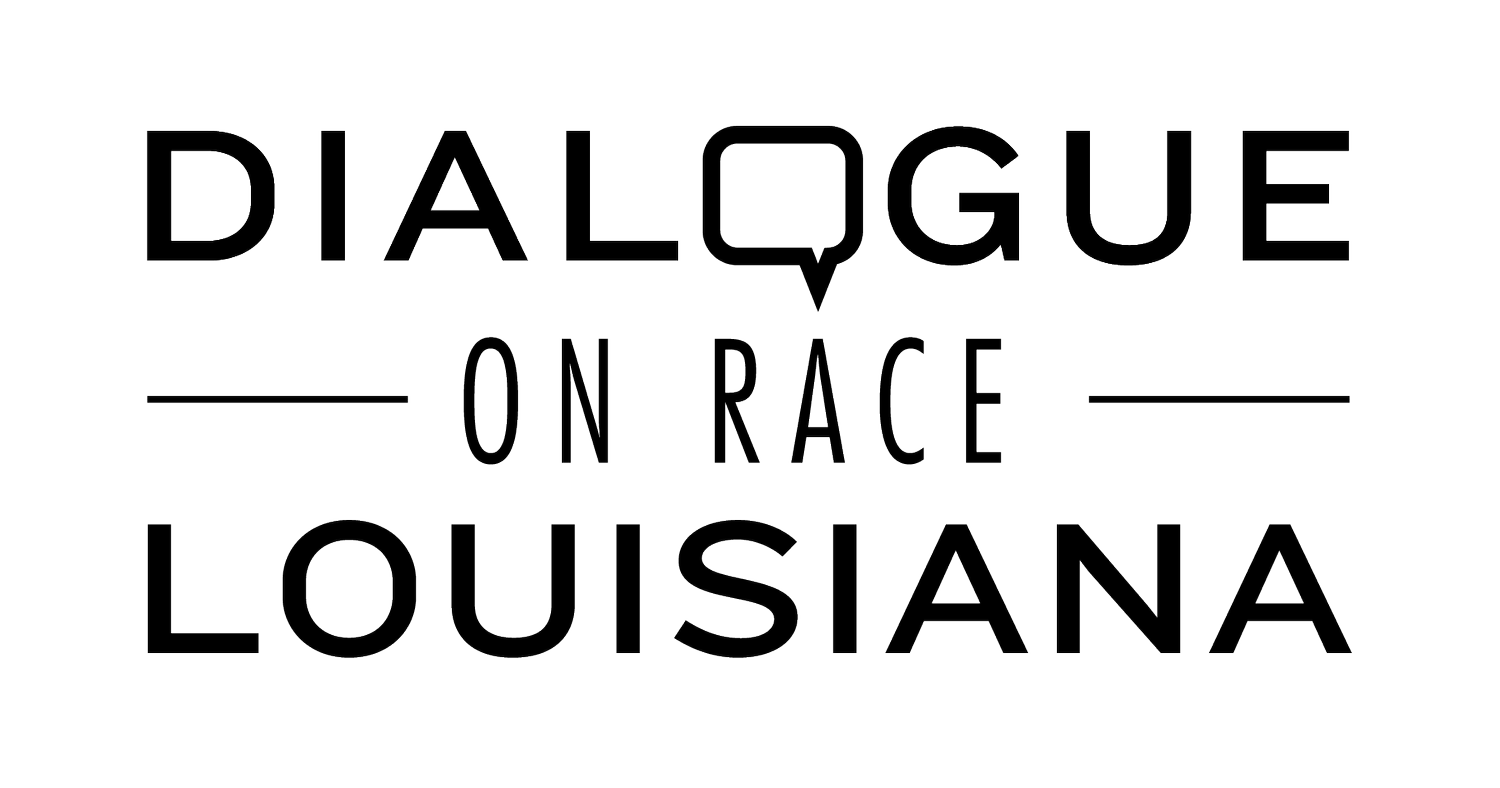New Year Message
Dear Facilitators,
No doubt you have been thinking about facilitating Dialogue on Race Conversations in 2025. You know, like Jasmine and I we can see a shift that cannot come about without strategic efforts. I hope you find the message below supportive. The information it contains will be the basis for the first Facilitator Practice of 2025. I am looking forward to gathering with you so that we can launch a new advanced trend in 2025!!! Conversations inspire and drive action.
But it's time to tackle the elephant in the room, or it won't disappear on its own. Racism did not end — it progressed. Racism progressed when legislators did not repair past discrimination. Racism progressed when Americans refused to identify discrimination by outcome. Racism progressed when new racist ideas blamed black inferiority for persisting racial disparities.
Lack of enforcement mechanisms:
While the law provides a legal framework, effective enforcement against subtle forms of discrimination can be complex and challenging.
Being able to talk about race will become more critical.
The world we live in today has many antiquated systems that were established for reasons that aren't valid anymore (or never were). Therefore, they need to be modified or removed. Just because things are the way they are doesn't mean there's a good reason for them.
It's valuable to respect the plethora of stories, perspectives, and narratives recently in the spotlight or swept under the rug.
Tools for facilitating:
Acquaint yourself with the feeling of not understanding or knowing yet and open to changing your mind. Let this propel you to learn more. Why are you having these conversations? Is it because you want to feel less guilty, a desire to "fit in," or a minor project? Then you should back up. These conversations should be about change and a better understanding of racism. It's not just about talking; it's about taking action and keeping your foot on the progress gas. You have the power to make a difference. It may not have affected your reality, but history is essential, and you should honor all pain in pursuing justice.
The second part is listening. Mindful listening is a skill that takes time and practice to master. Investing the minimum possible amount of time in listening to come up with a quick solution or answer will not cut it for racial inequality. Allow and support the person in expressing their emotions (rage, anguish, sadness, hopelessness) about what's happening, and listen with compassion to their feelings.
Active and mindful listening often encourages questions. Asking questions shows a willingness to learn and to understand. It's a sign of engagement and curiosity, both of which are crucial in these conversations.
Also, practice reflective listening. Another excellent technique for diffusing potential confrontation is to sit back, listen closely to what the other person is saying, and paraphrase it by repeating what you understood. It shows understanding and helps the other person feel listened to. It's crucial to validate the emotions of those affected by racism. A simple 'I hear you' or 'I think I understand how you're feeling' can go a long way. People of color often experience emotional invalidation, and it's our responsibility to change that.
On behalf of Jasmine and I, we wish you a Happy New Year and a great fresh start with Dialogue on Race Louisiana.
Maxine Crump
